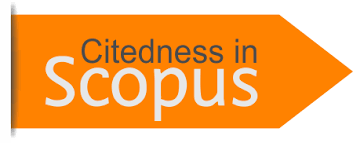Effectiveness of A Religion-Based Digital Intervention in Enhancing Nutrition Literacy and Dietary Behaviours Among Malaysian University Students
Keywords:
Halalan-Toyyiban, digital, Islamic, dietaryAbstract
This study evaluated the effectiveness of a Religious-Based Digital Intervention Tool (RB-DIT) developed based on Halalan-Toyyiban principles to improve nutritional knowledge, attitudes, and dietary practices among university students. The rising prevalence of diet-related non-communicable diseases, particularly among young adults, calls for culturally sensitive and innovative health education strategies. Integrating religious teachings within digital learning platforms offers a promising approach to enhance relevance, motivation, and engagement. A quasi-experimental pre- and post-test design was employed among undergraduate students at the International Islamic University Malaysia (IIUM), with 56 participants in the intervention group and 43 in the control group. The intervention group accessed RB-DIT modules over three weeks through Moodle, encompassing educational texts, infographics, quizzes, and reflective activities. Paired sample t-tests revealed significant improvements among the intervention group across all domains: knowledge (M = 4.756, SD = 2.058, p < 0.001), attitudes (M = 2.805, SD = 1.430, p < 0.001), and practices (M = 2.049, SD = 2.058, p = 0.018). No significant changes were observed in the control group. These findings underscore the potential of faith-integrated digital interventions to bridge cognitive, emotional, and behavioral gaps in health education. The RB-DIT demonstrates that merging religious values with digital technology can foster sustainable health behavior change among youth, offering a scalable and culturally resonant model for public health promotion in Muslim-majority contexts.















